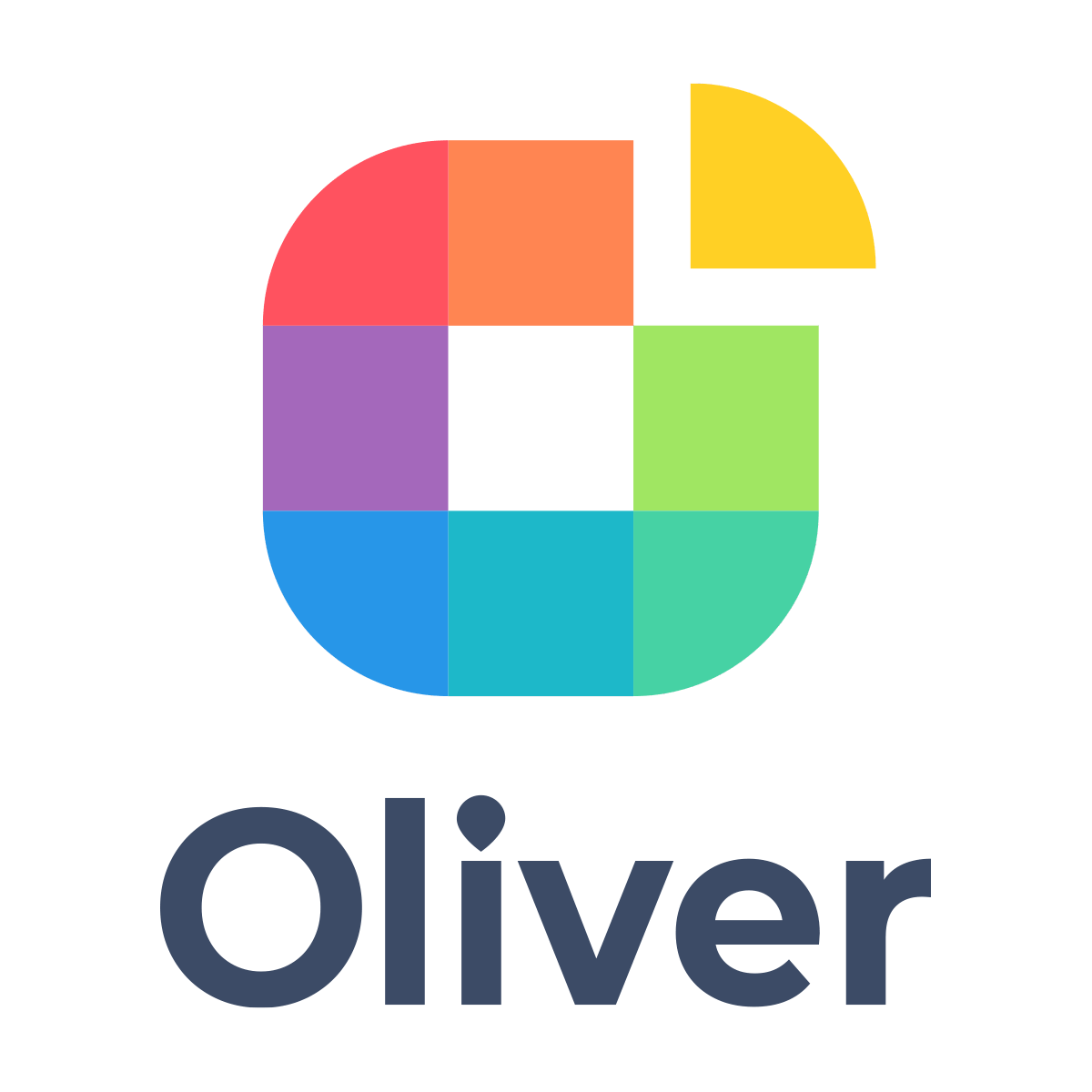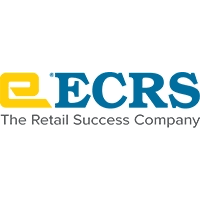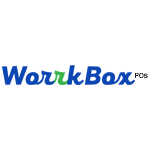Description

Xilnex

Yoco
Comprehensive Overview: Xilnex vs Yoco
Sure, let's delve into an overview of Xilnex and Yoco, focusing on their primary functions, target markets, market share, user base, and key differentiating factors.
Xilnex
a) Primary Functions and Target Markets
- Primary Functions: Xilnex is a cloud-based Point of Sale (POS) software designed to streamline retail and business operations. It offers a range of functions including sales processing, inventory management, customer relationship management (CRM), employee management, and comprehensive reporting tools. Xilnex aims to provide retailers with a holistic platform to manage their day-to-day business activities efficiently.
- Target Markets: Xilnex primarily targets retail businesses, including small to medium-sized enterprises (SMEs) and larger retail chains. Its modular approach allows it to cater to different kinds of businesses, from single-store operations to multi-outlet franchises in various industries such as fashion, food and beverage, and electronics.
b) Market Share and User Base
- Xilnex holds a significant presence in the Asia-Pacific region, particularly in countries like Malaysia and Singapore. Although specific market share figures can be elusive due to the competitive nature of POS systems, Xilnex has carved out a niche thanks to its comprehensive feature set and scalability. It appeals to mid-sized retailers looking for advanced features and customization options.
c) Key Differentiating Factors
- Customizability: Xilnex offers a high degree of customization, allowing businesses to tailor the software to their specific needs, making it attractive to diverse sectors within retail.
- Scalability: It is designed to scale with business growth, which means it can serve both smaller businesses and larger enterprises with complex requirements.
- Integration: Xilnex supports various third-party integrations, enabling businesses to streamline their operations further by connecting with accounting tools, e-commerce platforms, and other business systems.
Yoco
a) Primary Functions and Target Markets
- Primary Functions: Yoco is fundamentally a payments solution provider, offering card readers and a POS app that facilitates easy, secure transaction processing for small business owners. Besides payments, Yoco provides business insights and analytics that help businesses make informed decisions.
- Target Markets: Yoco primarily targets small businesses and entrepreneurs, particularly in the South African market. It focuses on businesses that require a straightforward, cost-effective way to accept card payments, often in environments where traditional banking infrastructure may be challenging.
b) Market Share and User Base
- Yoco boasts a strong presence in South Africa, being one of the prominent players that enable card payments for small businesses and SMEs. Their user base is continually growing as they tap into the underserved market of small entrepreneurs and informal businesses seeking efficient payment solutions. However, like Xilnex, exact figures on market share are generally proprietary information.
c) Key Differentiating Factors
- Ease of Use: Yoco's card readers and POS app are designed for simplicity, making them accessible for small business owners who need quick, hassle-free deployment.
- Affordability: Yoco offers cost-effective solutions that do not require long-term contracts or hefty upfront fees, which is appealing to startups and small businesses.
- Focus on Payments: Unlike Xilnex, which is a more comprehensive retail management system, Yoco's core focus is on enabling and facilitating payments, making it a specialized solution in the payments space.
Conclusion
In summary, Xilnex and Yoco serve different segments of the retail and business operations market with varying scopes. Xilnex is a comprehensive retail management software appealing to businesses looking for a robust system to manage various aspects of their operations. In contrast, Yoco focuses on simplifying payment processing for small businesses, especially where traditional financial services might be lacking. Both hold significant market shares in their respective regions, and their differentiating factors lie in specialization, ease of use, and adaptability to market needs.
Contact Info

Year founded :
Not Available
Not Available
Not Available
Not Available
Not Available

Year founded :
2015
Not Available
Not Available
South Africa
Not Available
Feature Similarity Breakdown: Xilnex, Yoco
Xilnex and Yoco are both companies offering point-of-sale (POS) solutions, but they serve somewhat different markets and may vary in their feature sets. Below is a hypothetical feature similarity breakdown based on common POS system functionalities, as they can change over time and this information might not be up to date.
a) Core Features in Common:
Xilnex and Yoco POS systems typically offer these core features:
- Sales Processing: Both systems handle basic transactions, including cash, credit, debit, and mobile payments.
- Inventory Management: They allow businesses to manage stock levels, track inventory movements, and generate alerts for restocking.
- Reporting and Analytics: Each platform offers data insights and reporting tools to analyze sales trends, customer behavior, and operational performance.
- Customer Management: Basic CRM features like customer profiles, purchase history, and loyalty program integration.
- Multi-device Compatibility: Both support the use of tablets, smartphones, and traditional POS hardware to process sales.
b) User Interface Comparison:
Xilnex:
- Xilnex often emphasizes a more comprehensive and possibly more complex user interface, targeting medium to large enterprises with more detailed operational needs.
- It provides heavy customizability, which may appeal to advanced users who appreciate flexibility in handling extensive inventories or complex business processes.
Yoco:
- Yoco's user interface tends to be simpler, more intuitive, and easier to navigate, appealing to small businesses and independent retailers.
- The design is often minimalistic, aimed at providing quick access to core functionalities without overwhelming the user with too many options.
Overall, Xilnex might offer more advanced features due to its target market, possibly resulting in a steeper learning curve compared to Yoco’s streamlined approach.
c) Unique Features:
Xilnex:
- Advanced Inventory Features: Such as batch tracking, expiry management, and detailed supplier management, suitable for larger operations.
- Integration Options: Enhanced integration with other enterprise systems like ERP and HR software for comprehensive business management.
- Multi-store Management: Robust features for managing chains or franchises, including centralized control over pricing and promotions.
Yoco:
- Ease of Setup: Known for its quick and easy setup process, beneficial for small business owners without technical expertise.
- Mobile Payment Solutions: Yoco offers a strong emphasis on mobile and portable card readers that don’t require complex setups, appealing to microbusinesses or mobile merchants.
- Local Market Adaptation: Tailored features for South African businesses, including support for local payment methods and compliance with regional tax laws.
These differentiations help them cater effectively to their respective target markets, with Xilnex focusing on more extensive needs and Yoco appealing to those needing simplicity and portability.
Features

Inventory Management
Employee Management
Report and Analytics
Customer Management
Cloud-Based Point of Sale

Payment Processing
Analytics and Reporting
User-Friendly Tools
Customer Support
Inventory Management
Best Fit Use Cases: Xilnex, Yoco
Xilnex and Yoco cater to distinct business needs, particularly in the retail and payment processing industries. Here's a breakdown of their best-fit use cases:
a) Xilnex
For Types of Businesses or Projects:
-
Retail Chains and Franchises:
- Xilnex is ideal for medium to large retail businesses that require comprehensive retail management solutions, including inventory management, sales reporting, and customer relationship management. Its features can support businesses with multiple outlets, providing centralized control over different aspects of the operations.
-
Hospitality and F&B Outlets:
- Restaurants and cafes can benefit from its POS system, which is designed to handle transactions quickly while integrating seamlessly with back-office operations. Features such as table management, order tracking, and kitchen display systems are particularly useful.
-
Industry Verticals:
- Fashion, electronics, and department stores can utilize Xilnex for inventory precision, customer loyalty programs, and seamless integration with e-commerce platforms.
For Company Sizes:
- Primarily mid-size to large enterprises due to its robust suite of features, customization options, and scalability.
b) Yoco
In Scenarios:
-
Small to Micro Enterprises:
- Yoco is tailored for small businesses, independent retailers, and entrepreneurs who need straightforward, efficient, and affordable payment processing solutions. It's particularly effective for those just starting out or smaller enterprises with limited budget but high growth potential.
-
Mobile and Pop-up Vendors:
- Ideal for businesses that operate on the go, such as food trucks, market stalls, or service providers (like electricians or mobile hair stylists) that need portable card payment solutions.
-
Scenarios Requiring Quick Setup:
- Businesses in need of an easy-to-use, fast-to-deploy system for accepting card payments without complex integration requirements or lengthy contracts will find Yoco advantageous.
For Company Sizes:
- Typically small businesses and micro-enterprises, although it can scale to support medium-sized businesses with its no-fuss payment solution.
d) Catering to Different Industry Verticals or Company Sizes:
-
Xilnex: Excels in industries where a comprehensive management solution is needed for complex operations. Its software can adapt to specific industry requirements, offering deep insights into operations which can benefit larger organizations across multiple locations.
-
Yoco: Serves industries needing simple, mobile, and flexible payment solutions. It caters well to entrepreneurs and small business owners across various sectors like retail, food and beverage, and services that prioritize ease of use and low-cost entry without needing extensive additional infrastructure.
In summary, Xilnex is designed for businesses seeking a robust, integrated retail management system for scale and complexity, whereas Yoco provides straightforward, mobile payment solutions, suiting small businesses and entrepreneurs looking for simplicity and affordability.
Pricing

Pricing Not Available

Pricing Not Available
Metrics History
Metrics History
Comparing undefined across companies
Conclusion & Final Verdict: Xilnex vs Yoco
To provide a detailed conclusion and final verdict for Xilnex and Yoco, we must evaluate both solutions on several key aspects: functionality, ease of use, cost, scalability, and support. While I may not have the most recent updates about these products, I can provide a general analysis based on their typical features and characteristics.
Conclusion and Final Verdict
a) Considering all factors, which product offers the best overall value?
The best overall value depends on the specific needs of a business.
-
Xilnex: Generally caters to more established businesses or those with complex inventory and management needs. It is an advanced POS system with extensive features designed for scalability. If your business prioritizes in-depth reporting, multi-store management, and extensive integration capabilities, Xilnex may offer better value.
-
Yoco: Typically provides great value for small to medium-sized businesses looking for user-friendly payment solutions with straightforward pricing structures. Its ease of use and customer-friendly credit card processing can be particularly valuable for businesses just starting or those prioritizing simplicity and mobile payment flexibility.
b) What are the pros and cons of choosing each of these products?
Xilnex:
Pros:
- Comprehensive and scalable solution that supports complex business operations.
- Robust reporting and analytics tools.
- Strong inventory management capabilities.
- Multi-store functionality is well-supported.
Cons:
- Can be overwhelming for small businesses that don't need all features.
- Higher cost, reflecting its extensive feature set.
- May require more training and longer implementation time.
Yoco:
Pros:
- Easy to set up and use, with a friendly user interface.
- Transparent and affordable pricing model, with minimal setup costs.
- Ideal for mobile payments and small retail setups.
- Responsive customer support with localized assistance.
Cons:
- Limited features for larger enterprises requiring detailed reporting and complex integrations.
- May lack advanced inventory management capabilities present in more extensive systems.
- Primarily focused on payment processing, with fewer features outside of this scope.
c) Are there any specific recommendations for users trying to decide between Xilnex vs Yoco?
-
Evaluate Business Size and Complexity: If your business is a small to medium-sized operation mainly needing intuitive payment processing, Yoco is likely the better choice. Larger businesses with multiple locations and complex needs may benefit more from Xilnex.
-
Consider Feature Needs: Assess what features are non-negotiable for your business. If detailed analytics, inventory management, and scalability are critical, Xilnex should be considered. If mobility and simplicity reign supreme, Yoco may be optimal.
-
Budgetary Constraints: Align your choice with your budget. Yoco might present more cost-effectiveness for startups or businesses needing basic processing, while Xilnex offers more value for businesses prepared to invest more in technological resources.
-
Trial and Support: If still undecided, consider reaching out for demo accounts or trial periods to experience firsthand which system aligns better with your daily operations. Assessing the quality of customer support can also aid in making a choice based on expected service levels.
Final Verdict
Ultimately, the choice between Xilnex and Yoco should be guided by a business’s scale, complexity, and specific operational requirements. While Xilnex excels in offering a feature-rich package suitable for extensive business management, Yoco leads in providing accessible, clear, and efficient payment capabilities for smaller scale operations. Through tailored assessment, businesses can align their selection with strategic growth aspirations and present operational needs.
Add to compare
Add similar companies




